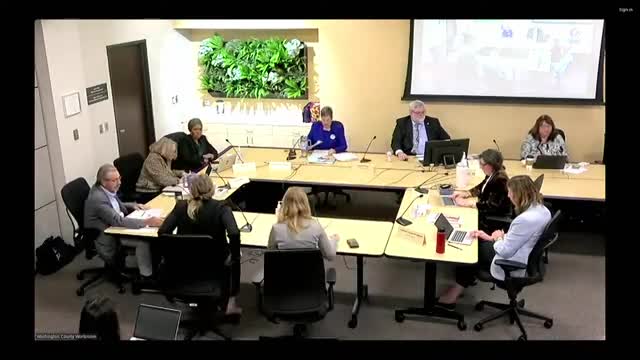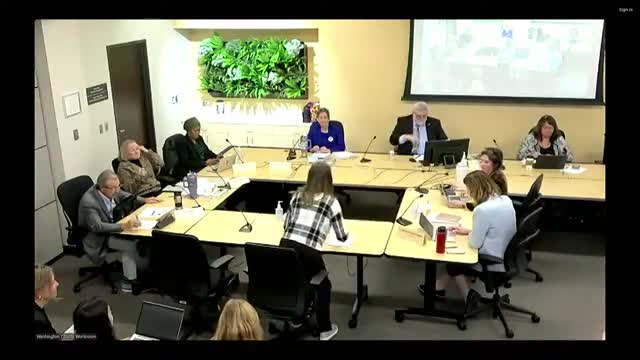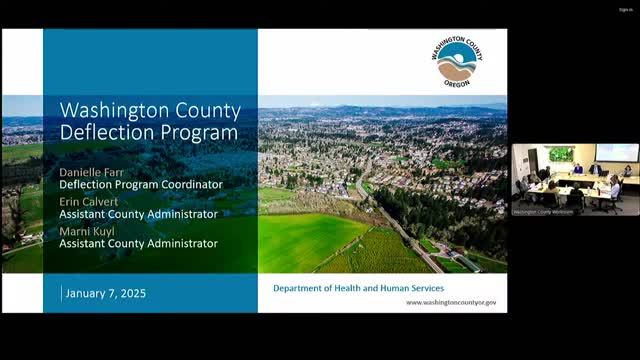Article not found
This article is no longer available. But don't worry—we've gathered other articles that discuss the same topic.

County prepares cuts and transition fund after Metro cuts forecast for Supportive Housing Services

County staff recommend reappointment of Rolinger, appointment of Jason Herrings to Fair Board

